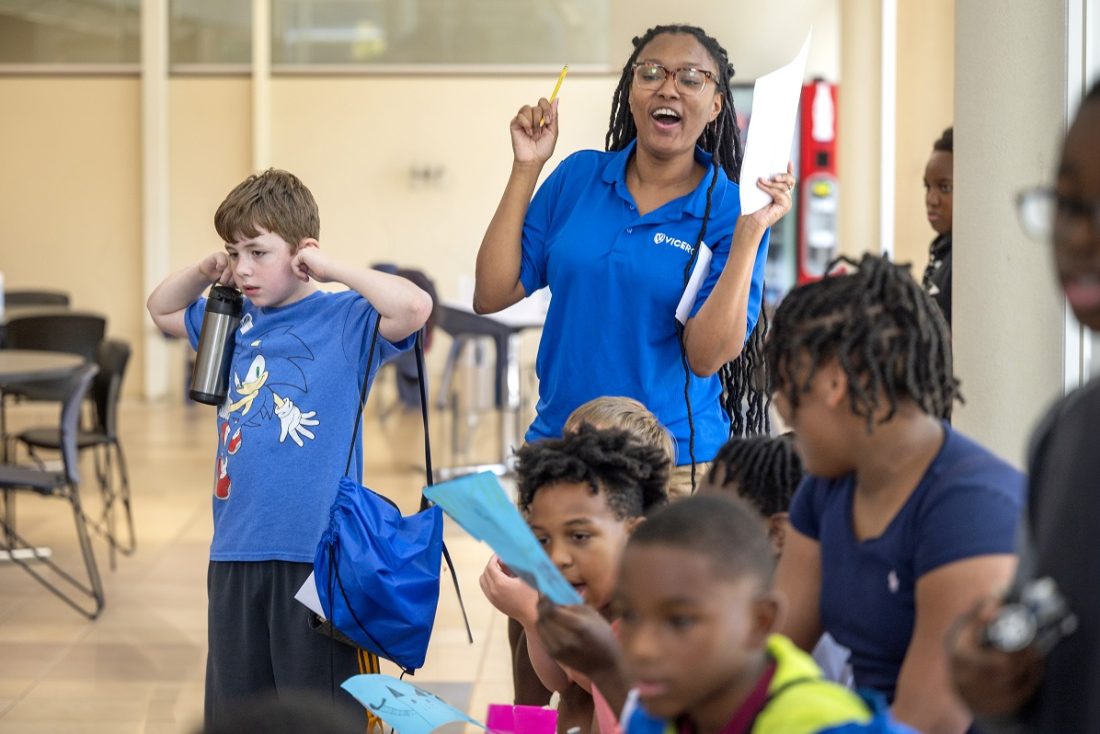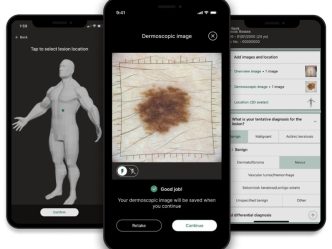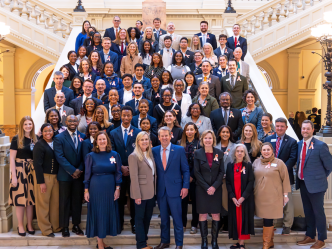The best time to get people interested in a particular field is at a young age. Children can be like sponges and absorb a lot of knowledge that may set the groundwork for their future. For all things computer and cyber sciences, that’s certainly true as kids are constantly surrounded by electronic devices.
The third annual VICEROY Kids Camp hosted by Augusta University’s School of Computer and Cyber Sciences, brought in nearly 50 youngsters from fourth to eighth grade to learn about different topics related to programming, cybersecurity, cyber ethics and more.
For 9-year-old Kate Hubbard, she got involved in the camp with the urging of her mother who works at the Georgia Cyber Innovation and Training Center.
“She wants me to do coding and wants me to grow up and do coding because they are looking for more women,” said Hubbard.
A big part of the camp focused on learning the basics of coding and computational thinking by programming micro:bits, a pocket-sized computer that makes learning coding easy and fun. Students were able to program microbots and then “race” them on a course during the final day of camp.
“The intent of the camp was to really inspire them to want to learn more about the topic and to continue learning and get educated about the topic further in life.”
Michael Nowatkowski, PhD
Even at such a young age, the students recognize the importance of knowing how to code.
“I think coding would be a good opportunity to be able to get a good jobs,” said 11-year-old Annalynn Chasse.
“I thought it would be fun to learn how to code so I could do cool things,” said 9-year-old Danielle Carswell.
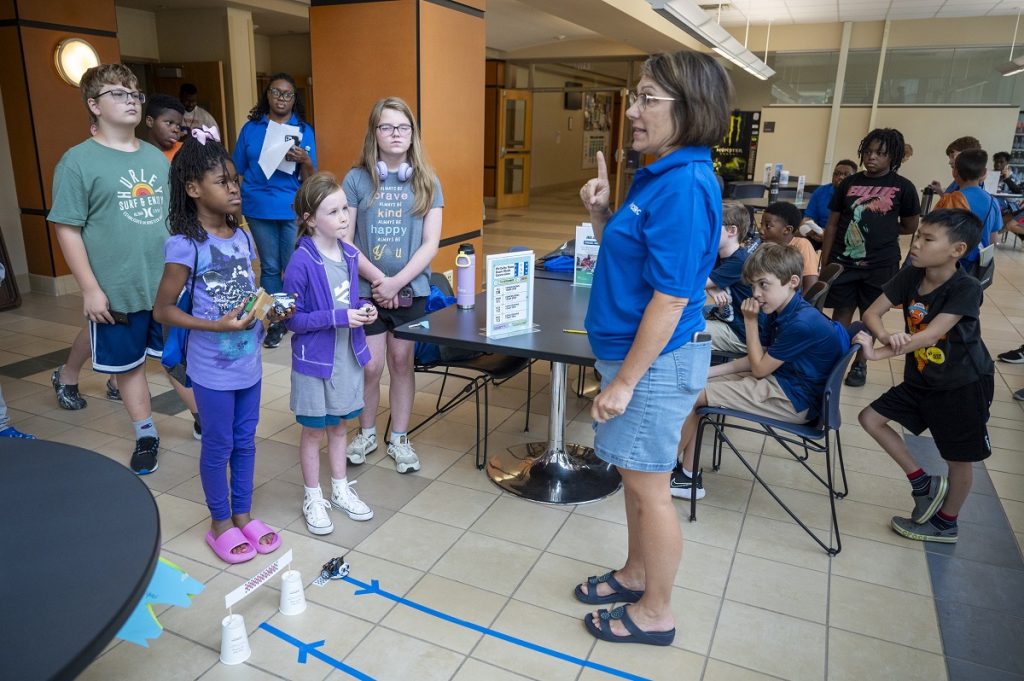
Justin Carney, a graduate student in the School of Computer and Cyber Sciences, served as a counselor for not only the VICEROY Camp but GenCyber Camp, as well. He sees how important it is for students of this age to get involved in the field.
“I see them as a form of modeling clay,” said Carney. “You have to take that modeling clay and mold it into something. They are learning so much that hopefully by the end of the camp, and in the future, they have enough understanding that they’ll want to go into this line of work.”
Carney is from Warner Robins, Georgia, and is proof that camps like these are beneficial seeing he was a GenCyber camper and that inspired him to eventually enroll at Augusta University. He actually started before the Georgia Cyber Center was built but knew early on AU was where he wanted to be.
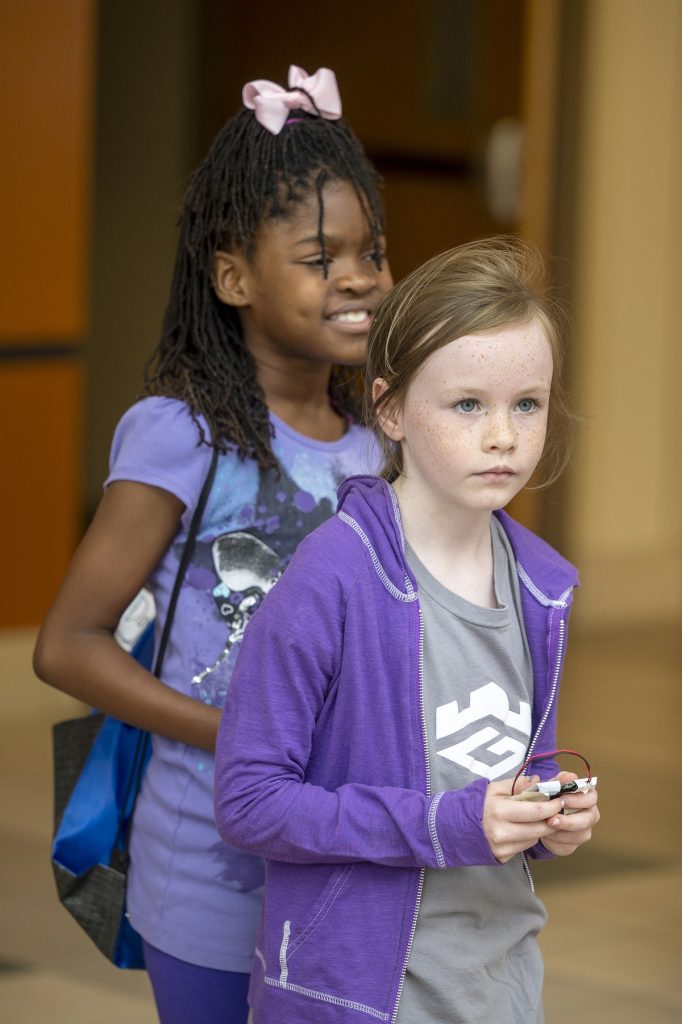
VICEROY Kids Camp.
[Michael Holahan/Augusta University]
Carney also sees how the industry is changing daily and realizes getting these younger students exposed to these tools and techniques now, will be beneficial to them later in life.
For the campers, it was “cool” to learn about new things in the world of programming and cyber.
“I learned how to code LEDs on a minibot,” said Chasse.
“I like block coding because it’s easy, and I’m not that good with the keyboard just yet, so I’m not that good with JavaScript just yet, but I can do it,” added Hubbard.
Right now, there are more than 500,000 job openings in cybersecurity. While these children are a number of years away from entering the workforce, the jobs will most likely still be there.
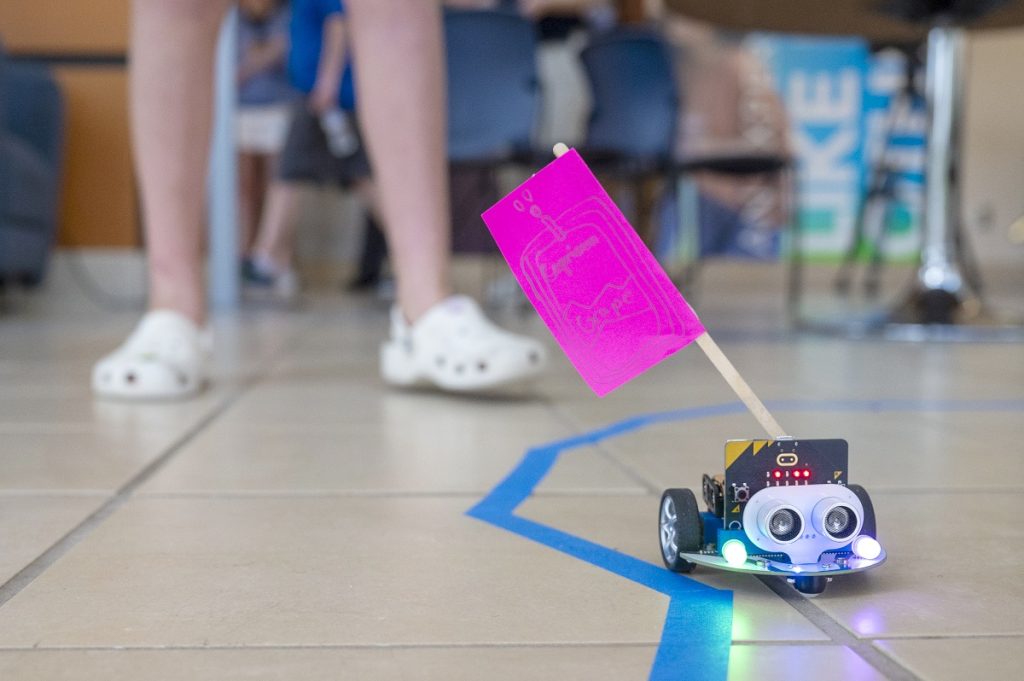
Michael Nowatkowski, PhD, director of the Cyber Institute and professor in the School of Computer and Cyber Sciences, said the students also learned how to troubleshoot coding issues. Not just that, but since they were dealing with robots and hardware, they learned different skills with how the software interacts with the hardware.
“They got to interact with a micro:bit which is a little small, handheld microcontroller. It’s got blinking lights, it’s got push buttons, it’s got different sensors,” said Nowatkowski. “So, if they tilted it in one direction, the microcontroller will be able to react in different ways.
“The kids were really just excited,” he added. “The intent of the camp was to really inspire them to want to learn more about the topic and to continue learning and get educated about the topic further in life.”
 Augusta University
Augusta University
